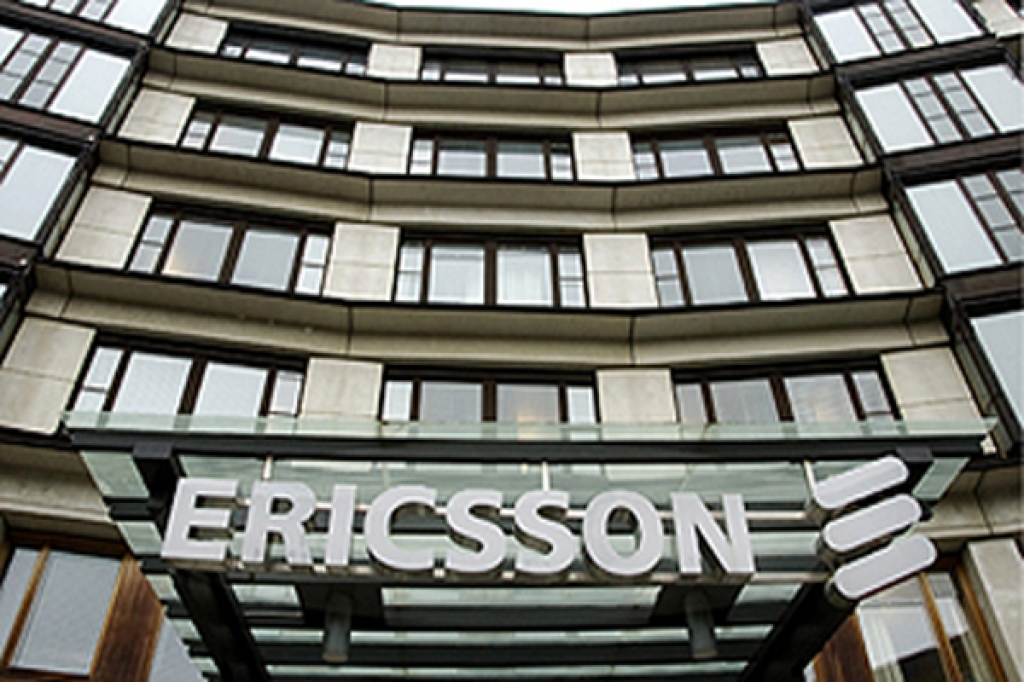 SAO PAULO: Swedish telecoms equipment maker Ericsson expects Brazil to switch on its fifth-generation (5G) network by early 2021, several months after a spectrum auction set for March next year, a top executive told Reuters.
SAO PAULO: Swedish telecoms equipment maker Ericsson expects Brazil to switch on its fifth-generation (5G) network by early 2021, several months after a spectrum auction set for March next year, a top executive told Reuters.
The company is working closely with local operators and Brazilian telecoms regulator Anatel to test the technology ahead of the long-awaited auction, said Eduardo Ricotta, president of Ericsson Latam South, in a Thursday interview.
He said the pace of 5G deployment in Brazil would depend on each carrier's strategic plan, but it could take several months to switch on the ultrafast network once they win the spectrum rights, as work to avoid interference from other services is required.
"Cleaning up the bandwidth is necessary because some of the frequencies to be allocated to 5G might have interferences with satellites," Ricotta said. "We are still conducting tests with Anatel to determine what has to be done, but deployment is likely between the end of 2020 and the beginning of 2021."
In May, Anatel ruled that both 2.3 GHz and 3.5 GHz frequencies would be set aside for 5G. Other bands such as 26 GHz and 700 MHz could also be added to the auction, whose rules have still not been published.
The design of the auction may also affect the rollout of 5G in Brazil, Ricotta added, echoing industry concerns regarding spectrum costs, as the government struggles to close a huge budget gap created by the country's generous pension system.
"If carriers spend too much on the spectrum they won't invest as much in 5G coverage, thus deferring the adoption of the technology and also billions of dollars in taxes to be collected from the sales of new devices," he said.
Ericsson, which is competing with Finland's Nokia Oyj and China's Huawei Technologies to deploy 5G worldwide, invests about 20% of its annual revenue mostly in mobile broadband, including 5G.
Fifteen of the national 5G networks switched on globally so far are using Ericsson's technology, which, according to Ricotta, means the group accounts for over 60% of the commercial launches up till now.
Asked about spying concerns raised by US President Donald Trump's administration against its competitor Huawei, Ricotta said the issue raised "awareness" among customers, but had not necessarily resulted in more deals.





















Comments
Comments are closed.